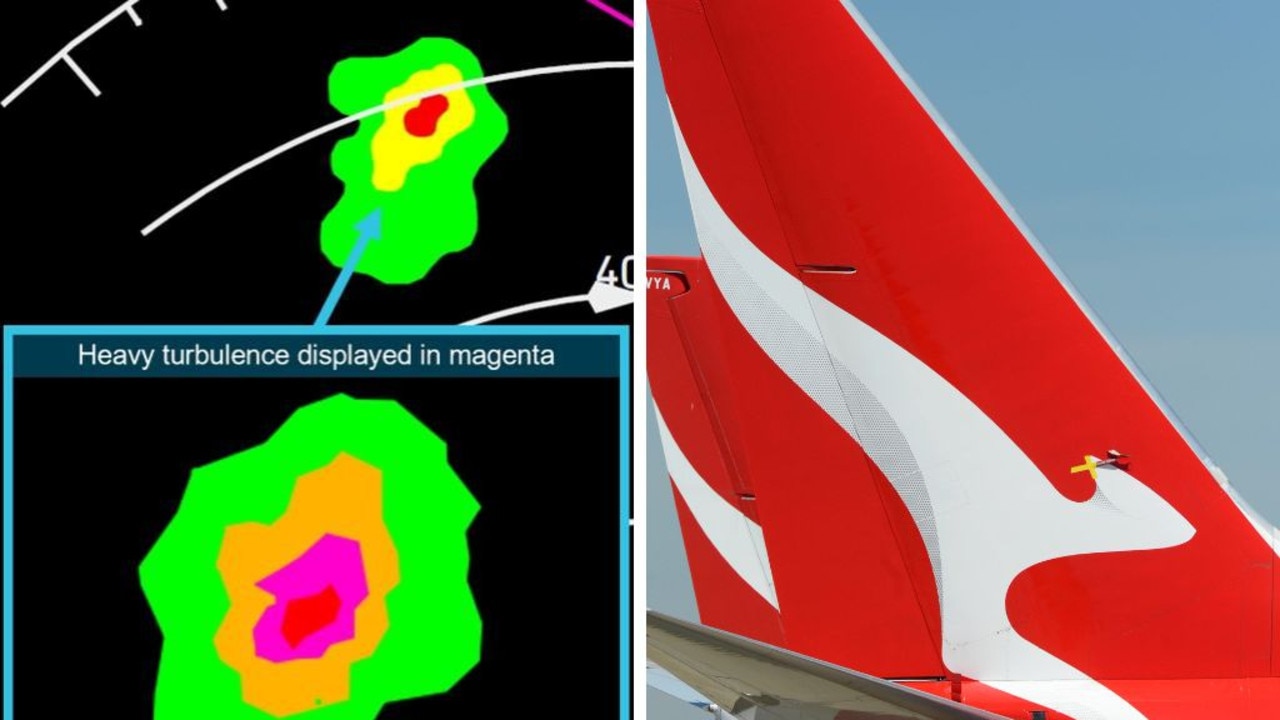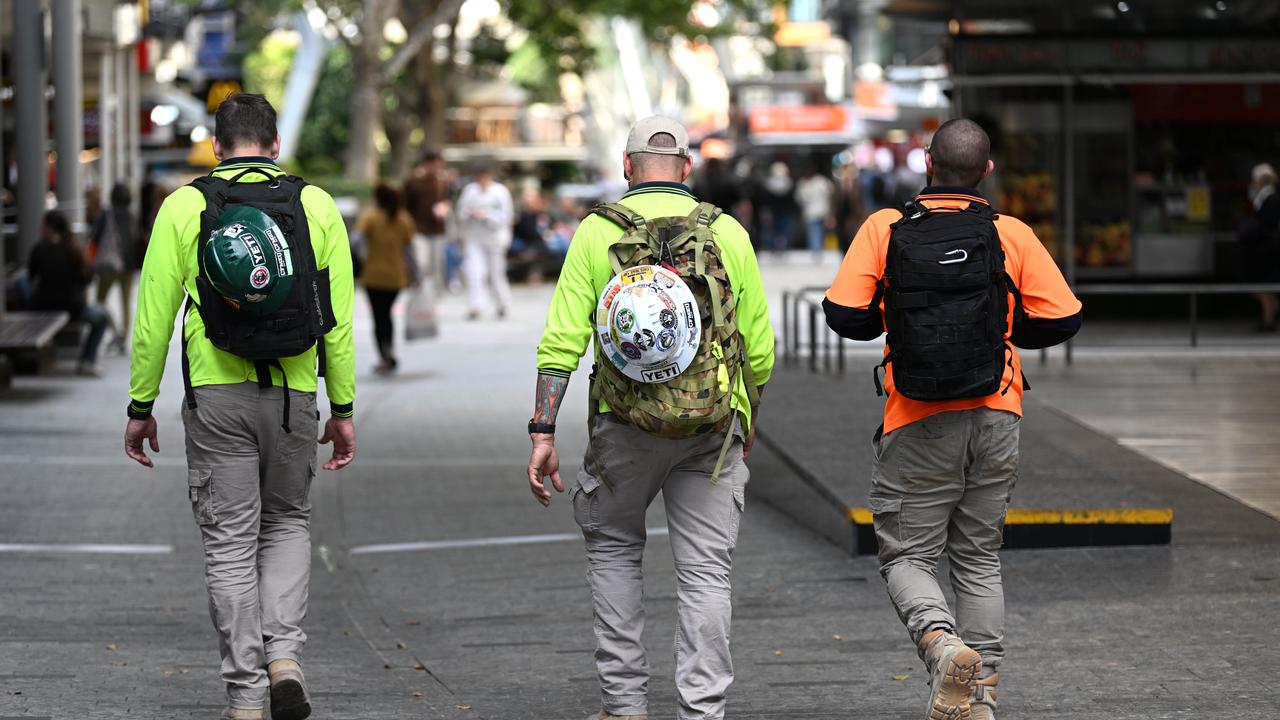Business Council of Australia calls for employer incentives to hire more tradie apprentices
Anthony Albanese is being called to give sizable cash incentives to businesses to train apprentices in key sectors like clean energy, and construction.
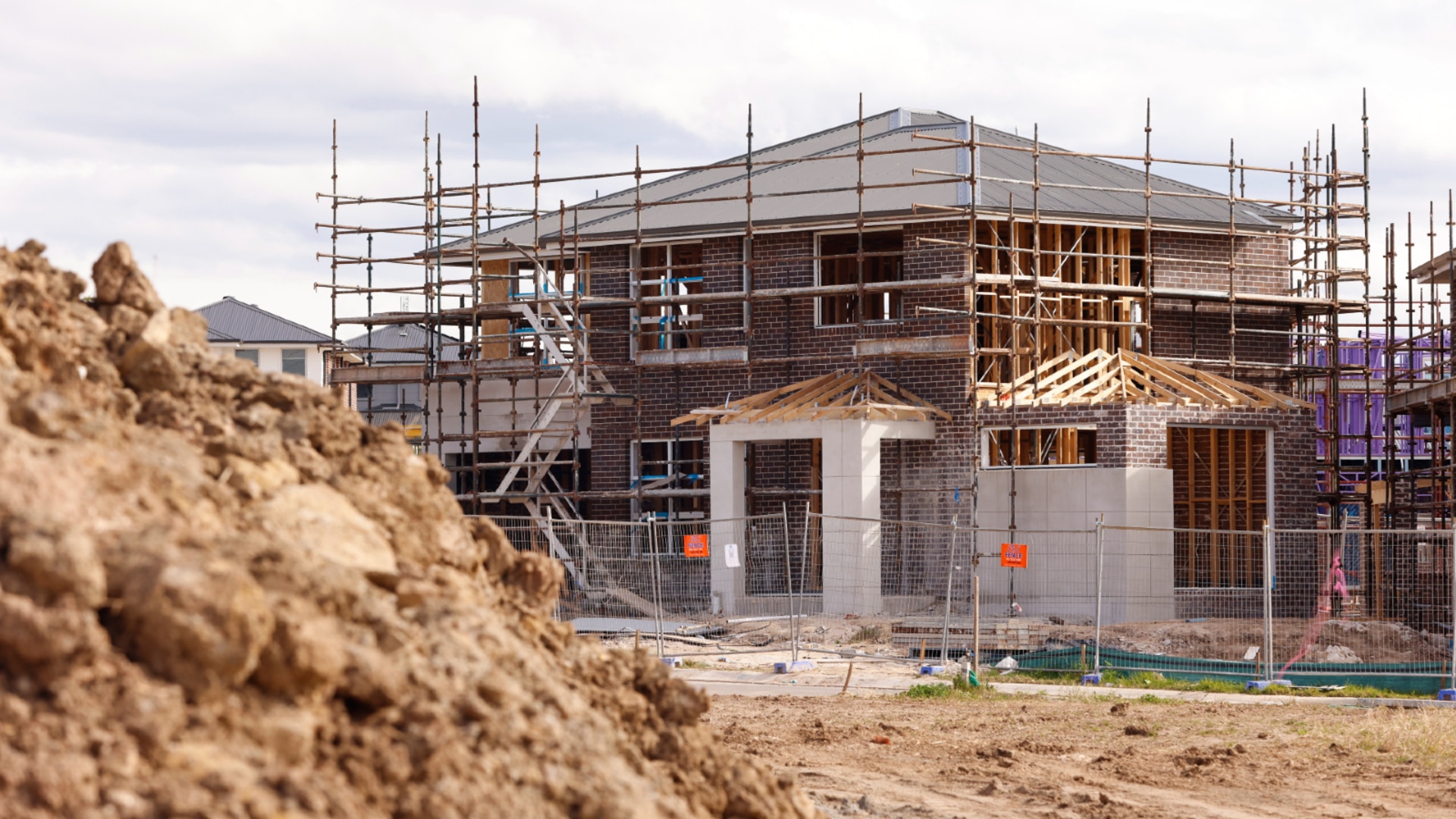
At Work
Don't miss out on the headlines from At Work. Followed categories will be added to My News.
A leading business industry group has called for a critical $40m fund for large businesses to boost apprenticeship programs to avoid oncoming skills shortages in key sectors like clean energy and construction.
Australia has a deadline to acquire 32,000 electricians by 2030, before that figure skyrockets to 85,000 in 2050 as it seeks to transition to a renewable-powered grid.
As it stands, Jobs and Skills Australia estimates a 27 per cent shortfall in the 25 years to 2050.
In the lead up to the federal election, due by May 17, the Business Council of Australia called for a redesign of the Australian Apprenticeships Incentive System (AAIS) to prepare small, medium and large businesses to train more apprentices and fill the critical workforce gaps.
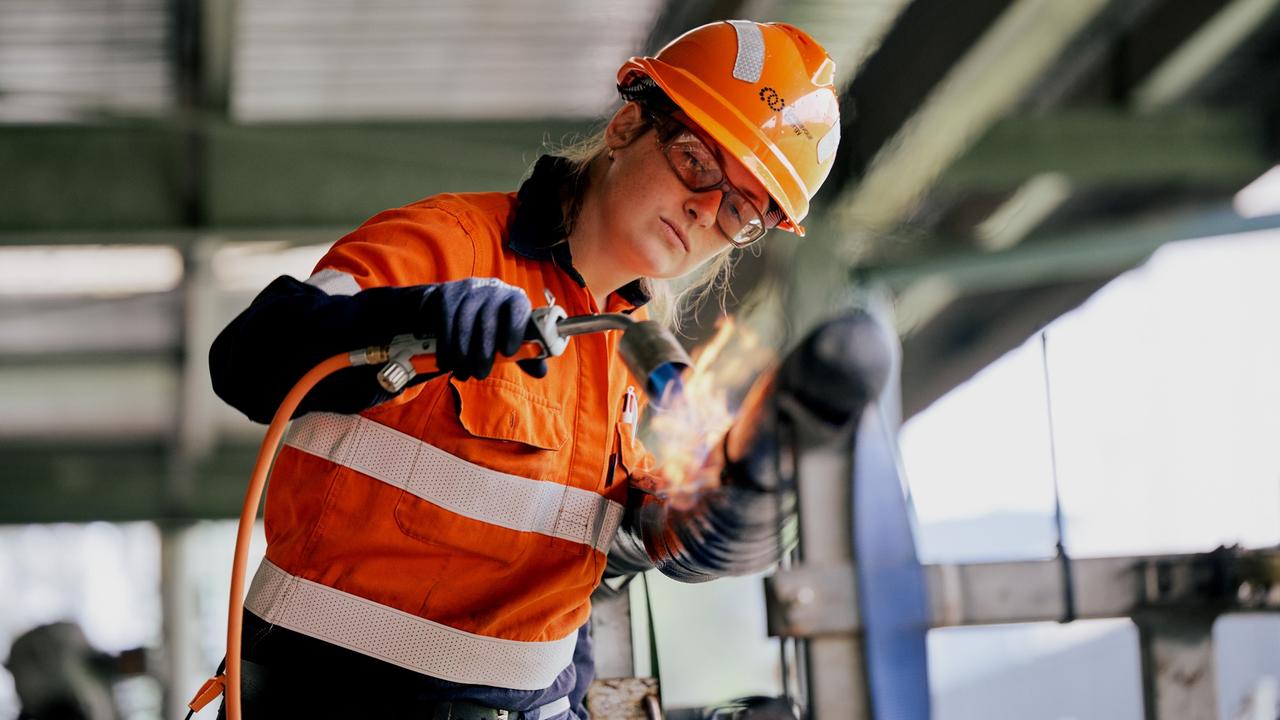
Their policy wishlist includes a baseline support package for employers of up to $4000 per apprentice for the first two years of an apprenticeship, and up to $3000 per apprentice for the final years.
They’ve also called for additional incentives of up to double the base funding for small and medium sized businesses which can demonstrate high completion rates and a diversity of applicants.
Additionally, large businesses would have access to a fund cost at $40m over four years in order to expand their existing support programs.
While the incentives would apply to all industries, BCA chief executive noted that skills shortages were exacerbated across the clean energy and construction sectors, however skills shortages are more broadly reported in a third of occupations.
The request follows Anthony Albanese’s election pitch to give apprentice plumbers, carpenters, electricians and other fields related to housing construction a $10,000 incentive to finish their courses and boost housing completion numbers.
However Mr Bran said more investment was needed to aid employers, with programs at large enterprises boasting completion rates of 90 per cent, compared to the national average of 50 per cent.
“Businesses tell me that existing employer incentives don’t reflect the true cost of training an apprentice, and that means we need a new approach to ensure businesses are supported to train more people,” Mr Black said.
“Businesses play vital roles in training the next generation of skilled workers, and if employer incentives aren’t increased in amount and scope, we’ll see fewer employment opportunities offered, which will ultimately exacerbate our nationwide skills gaps.”
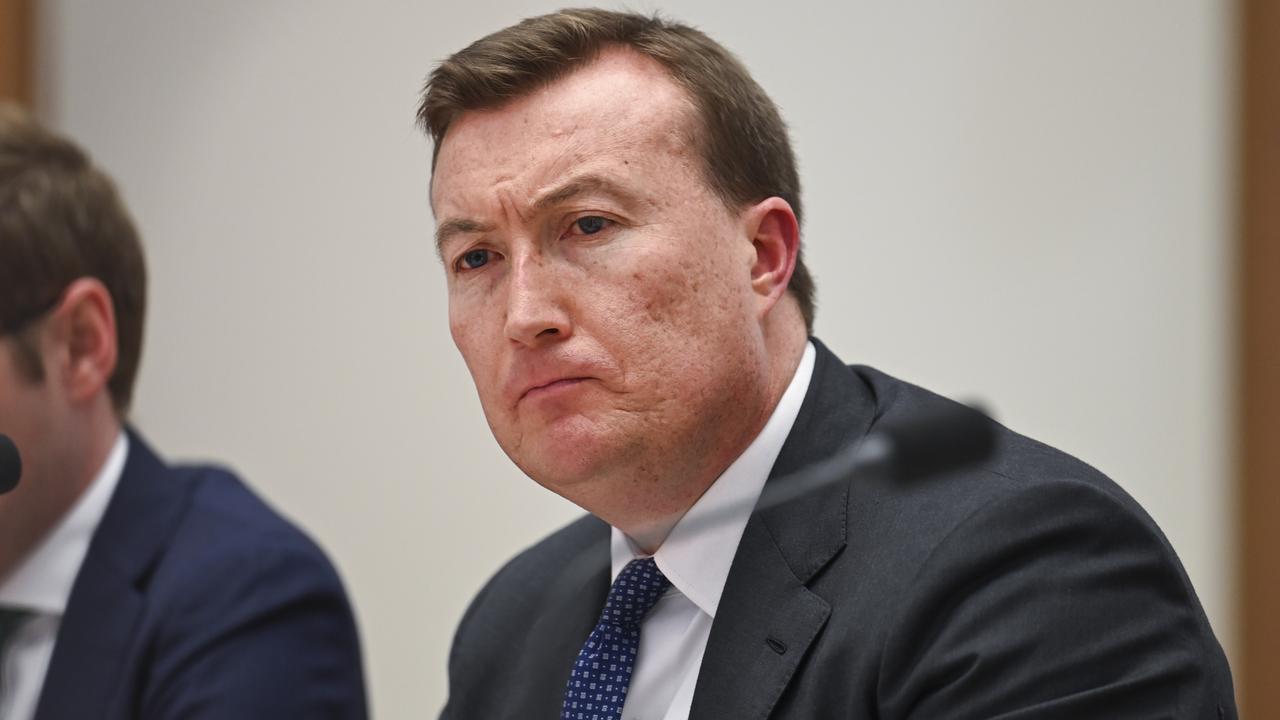
NSW-based Endeavour Energy chief executive Guy Chalkley said Australia was essentially playing “catch up” in ensuring our workforce is equipped to handle Australia’s green energy transition.
The company, which provides energy to parts of Greater Western Sydney, the Blue Mountains, Southern Highlands and the Illawarra, trains 25 apprentices a year through their purpose-built Technical Training Centre, with members aged between 16 to 38.
As it stands, Mr Chalkley said he didn’t believe Australia was on track to have 80,000 electricians working across Australia.
“What’s coming in a decade’s time needs to be done today,” he said.
“The whole industry, and the whole world is doing that, and you’re chasing the same resource at the moment because we’re all going through the same energy transition.
“Part of the challenge is making sure that the infrastructure sitting behind it – TAFE, and the actual spaces and lecturers to actually accommodate the uptake.”

Mr Chalkley said the extra funding would allow large businesses to better support their apprentices, while also helping companies attract more school leavers and seek overseas electricians to fill in the gaps.
“Trying to attract a 16-year-old into the industry is very hard in Sydney, from an affordability point of view,” he said.
“Similarly, if you’ve got a young family and you’re doing a career change, you’re probably going down in your earning capacity.
“So you’ve got to support how you’re re-skilling people to make sure they do stick in the industry, so they have something that’s hopefully better than what they’ve got at the moment, and makes them more relevant for the future.”
It’s understood the government will consider the BCA’s proposals as part of a wider strategic review of the apprenticeships incentive system, however the program has been costed to be up to $6.5bn.
Skills and Training Minister Andrew Giles said Labor were committed to “fixing the worst skills shortage in half a century,” pointing to mismanagement by the former Coalition government.
“That’s why Labor is making Free TAFE permanent, and it’s why we’ll pay housing construction apprentices $10,000 to get on the tools,” he said.
Deputy Liberal Leader and the Coalition’s spokeswoman for industry, skills and training flagged further announcements from the Coalition, she said businesses no longer had the confidence to hire apprenticeships.
“If a business does not know if they are going to survive another week or another month, how can we expect them to have confidence to put on an apprentice for two to three years,” she said.
Originally published as Business Council of Australia calls for employer incentives to hire more tradie apprentices





